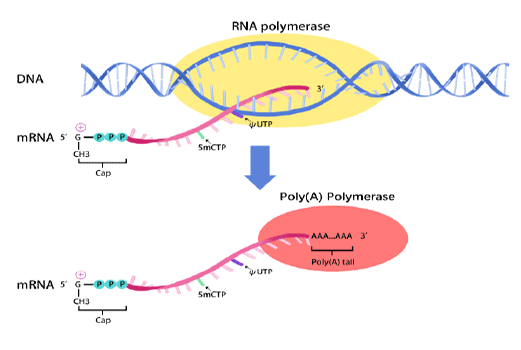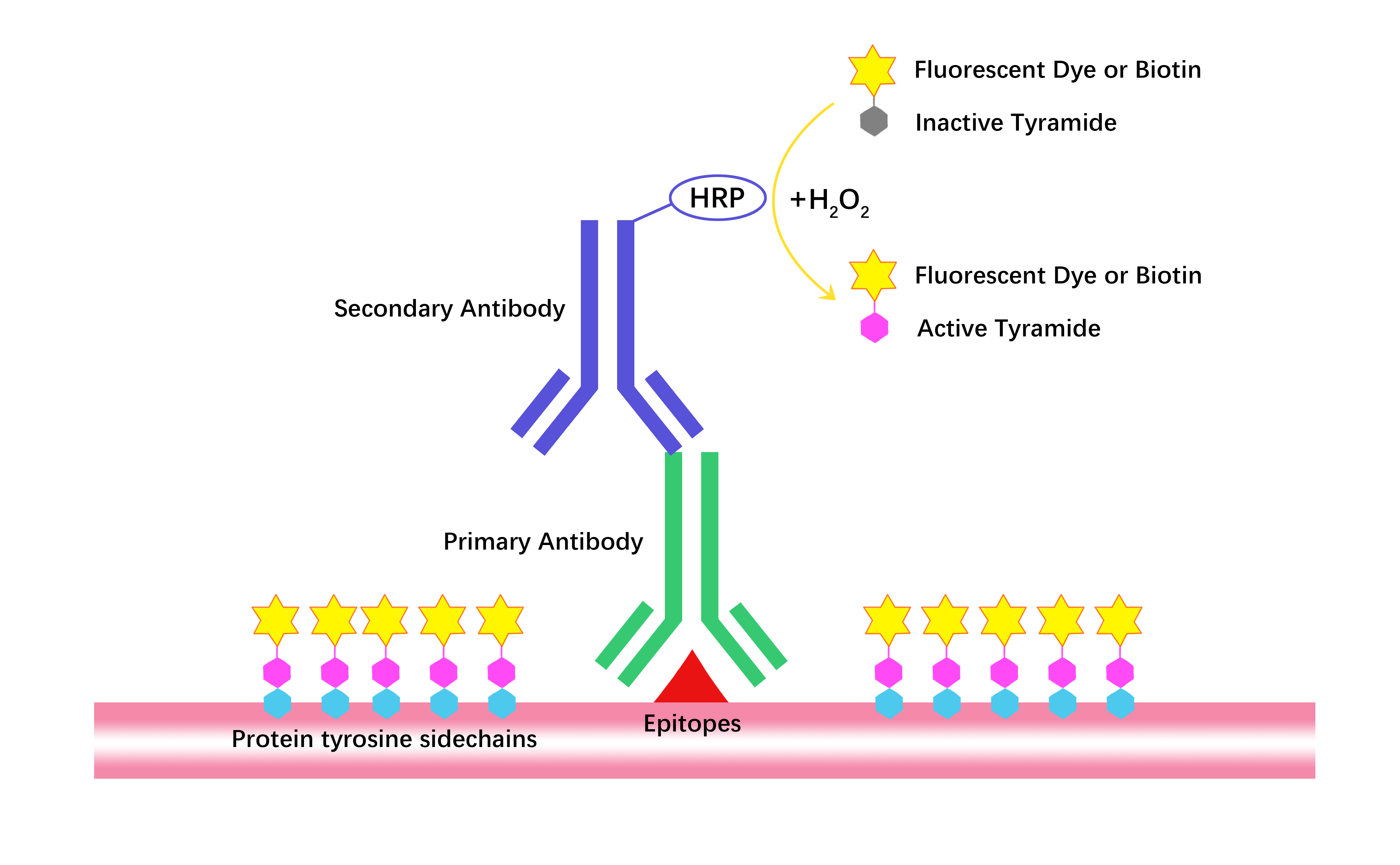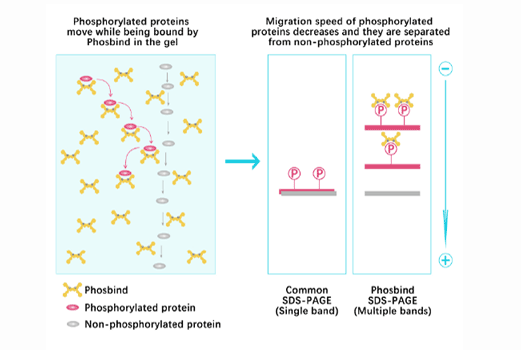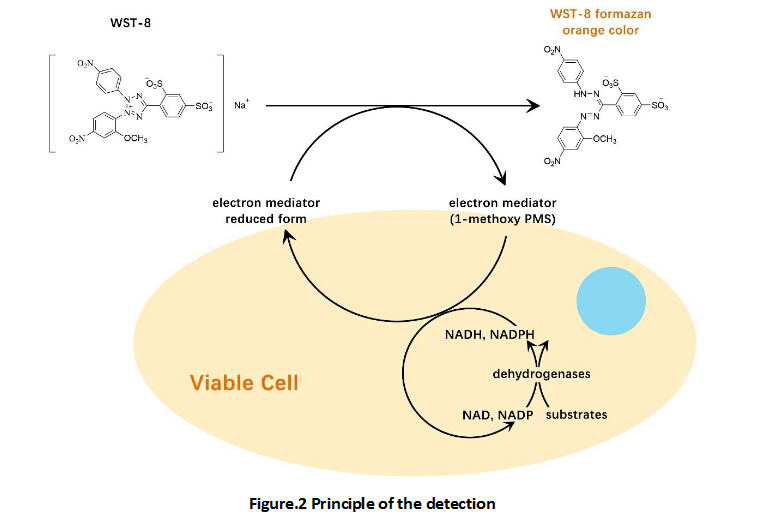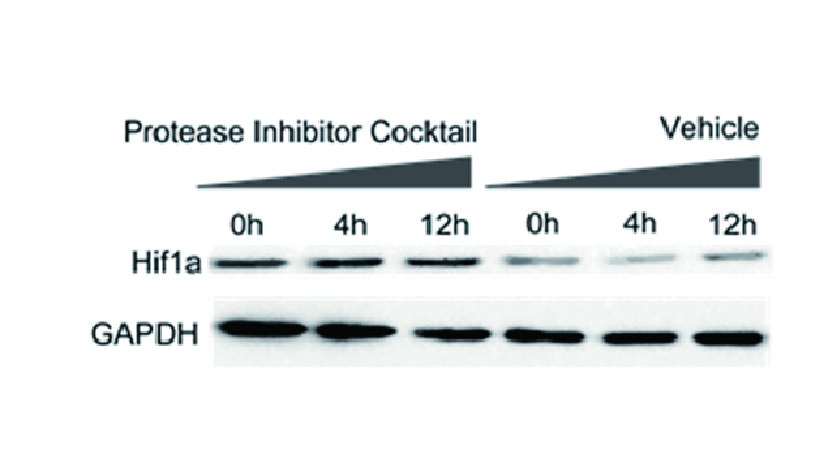Recombinant Mouse FGF-9
Fibroblast growth factor 9 (FGF-9) encoded by the FGF-9 gene is a member of the fibroblast growth factor (FGF) family. It plays an important role in the regulation of embryonic development, cell proliferation, cell differentiation and cell migration. In addition, this protein was isolated as a secreted factor that exhibits a growth-stimulating effect on cultured glial cells and it is a heparin-binding protein. Furthermore, FGF-9 is a monomer and interacts with FGFR1, FGFR2, FGFR3 and FGFR4. Recombinant mouse FGF-9 is synthesized as a 208 a.a. precursor that contains a 3 a.a. signal sequence. Specifically, The mouse FGF-9 shares 99 % a.a. sequence identity with rat FGF-9.
Reference:
1. Miyamoto MNaruo K, Seko C, et al. 1993. Mol Cell Biol. 13:4251-9.
2. Santos-Ocampo S, Colvin JS, Chellaiah A, et al. 1996. J Biol Chem. 271:1726-31.
3. Chellaiah A, Yuan W, Chellaiah M, et al. 1999. J Biol Chem. 274:34785-94.
|
Gene ID |
14180 |
|
Accession # |
P54130 |
|
Alternate Names |
GAF, HBGF-9 |
|
Source |
Escherichia coli. |
|
M.Wt |
Approximately 23.4 kDa, a single non-glycosylated polypeptide chain containing 207 amino acids. |
|
AA Sequence |
MPLGEVGSYF GVQDAVPFGN VPVLPVDSPV LLNDHLGQSE AGGLPRGPAV TDLDHLKGIL RRRQLYCRTG FHLEIFPNGT IQGTRKDHSR FGILEFISIA VGLVSIRGVD SGLYLGMNEK GELYGSEKLT QECVFREQFE ENWYNTYSSN LYKHVDTGRR YYVALNKDGT PREGTRTKRH QKFTHFLPRP VDPDKVPELY KDILSQS |
|
Appearance |
Sterile Filtered White lyophilized (freeze-dried) powder. |
|
Stability & Storage |
Use a manual defrost freezer and avoid repeated freeze-thaw cycles. - 12 months from date of receipt, -20 to -70 °C as supplied. - 1 month, 2 to 8 °C under sterile conditions after reconstitution. - 3 months, -20 to -70 °C under sterile conditions after reconstitution. |
|
Formulation |
Lyophilized from a 0.2µm filtered concentrated solution in 20 mM Tris, 500 mM NaCl, pH 8.5. |
|
Reconstitution |
We recommend that this vial be briefly centrifuged prior to opening to bring the contents to the bottom. Reconstitute in sterile distilled water or aqueous buffer containing 0.1 % BSA to a concentration of 0.1-1.0 mg/ml. Stock solutions should be apportioned into working aliquots and stored at ≤ -20 °C. Further dilutions should be made in appropriate buffered solutions. |
|
Biological Activity |
Fully biologically active when compared to standard. The ED50 as determined by thymidine uptake assay using FGF-receptors transfected BaF3 cells is less than 0.5 ng/ml, corresponding to a specific activity of > 2.0 × 106 IU/mg. |
|
Shipping Condition |
Gel pack. |
|
Handling |
Centrifuge the vial prior to opening. |
|
Usage |
For Research Use Only! Not to be used in humans. |
Quality Control & DataSheet
- View current batch:
-
Purity > 95 % by SDS-PAGE and HPLC analyses.
- Datasheet
Endotoxin: Less than 1 EU/µg of rMuFGF-9 as determined by LAL method.




